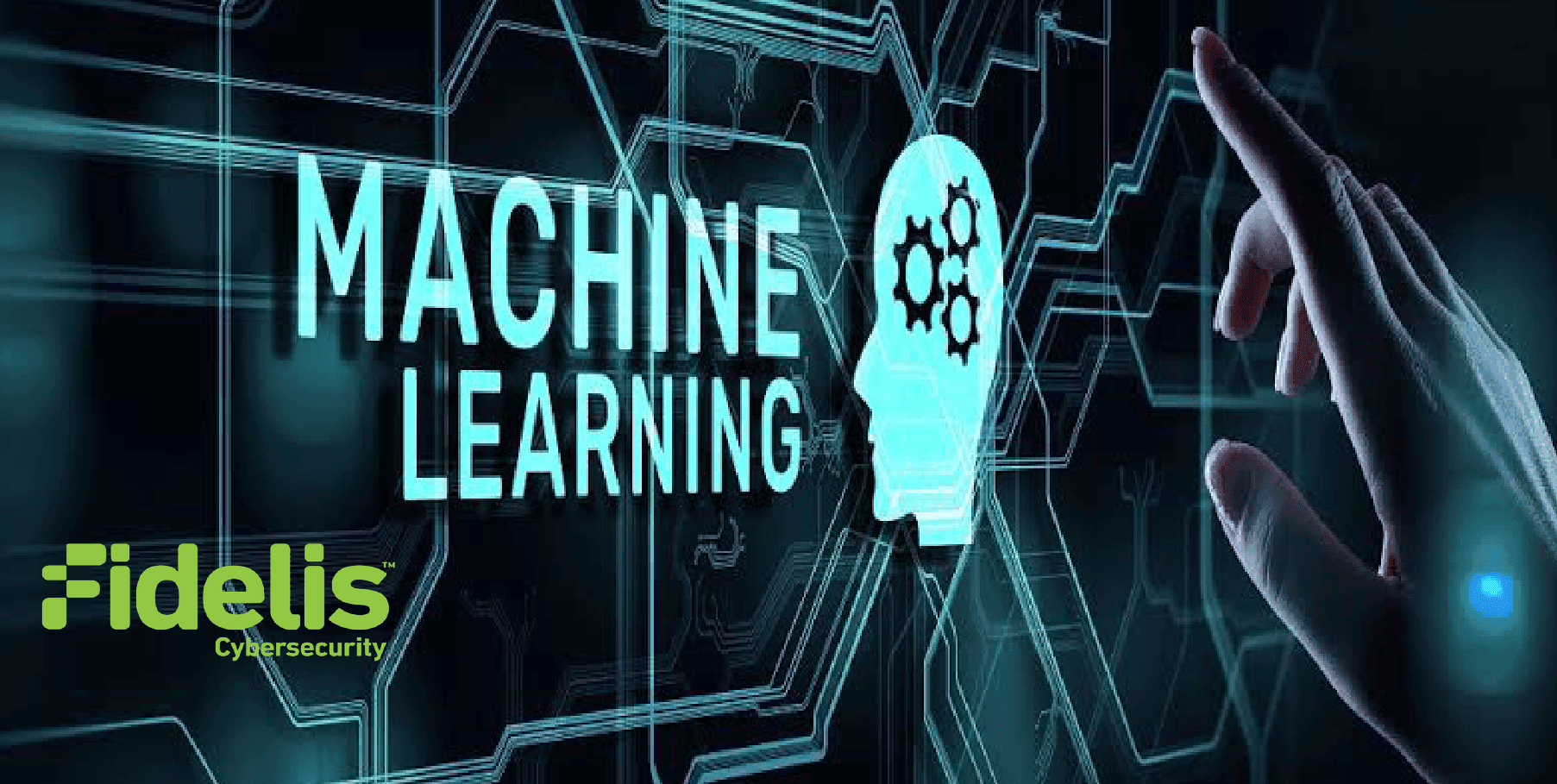Estimated reading time:3 minutes
Networks are getting so big and so complicated that mere humans can no longer manage them properly. The networks must learn to take care of themselves.
Here is an evolution path to AI and autonomous networks:

What is machine learning?
Machines learn by studying data to detect patterns or by applying known rules to:
- Categorize or catalog events
- Predict likely outcomes based on identifying patterns
- Identify unknown patterns
- Detect unexpected behaviors
Computers learn by using algorithms. As observed responses or changes are provided to the computer to analyze, the performance improves, thereby resulting in increasing “intelligence” over time.
In networks, machine learning can provide:
Proactive Maintenance – Use historical and streaming data to detect when equipment is operating below optimal efficiency or at risk of failure.
Fraud Detection – Identify potential fraudsters in real-time
Resource Optimization – Proactively monitor and redistribute network resources in real-time based on changing traffic patterns
Machine Learning can be applied in several ways:
Supervised: The computer is taught by example of inputs and desired outputs. The logic can then be applied to similar situations. This entails identifying imminent network element failure based on current and historical operations.
Semi-supervised – The computer is provided with the answers but also additional data. The computer can extrapolate and apply what it has learned to the remaining data. This is used when a large amount of data needs to be ingested such as traffic volumes and patterns.
Unsupervised – The computer studies data to identify patterns and as more data is observed, the resulting output is refined. This is used for anomaly detection or intrusion, and it can detect unexpected behavior, whether internally or externally generated.
Machine learning in networks can be combined with sophisticated work rules engines to automate certain decisions and actions if the operator is willing to give up some control in order to gain the benefit of faster MTTR.
Machine Learning can now be deployed in your network and augment your existing capabilities to provide an even better Network QoE for your customers. Contact us today to learn more: 024-3513 1399 or via email at sales@pama.com.vn


